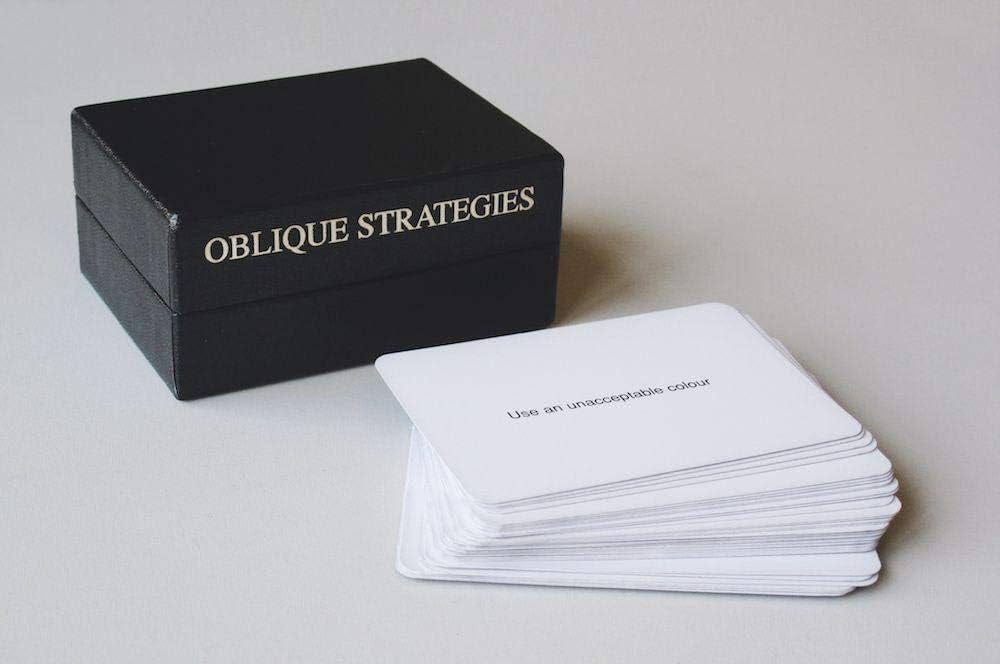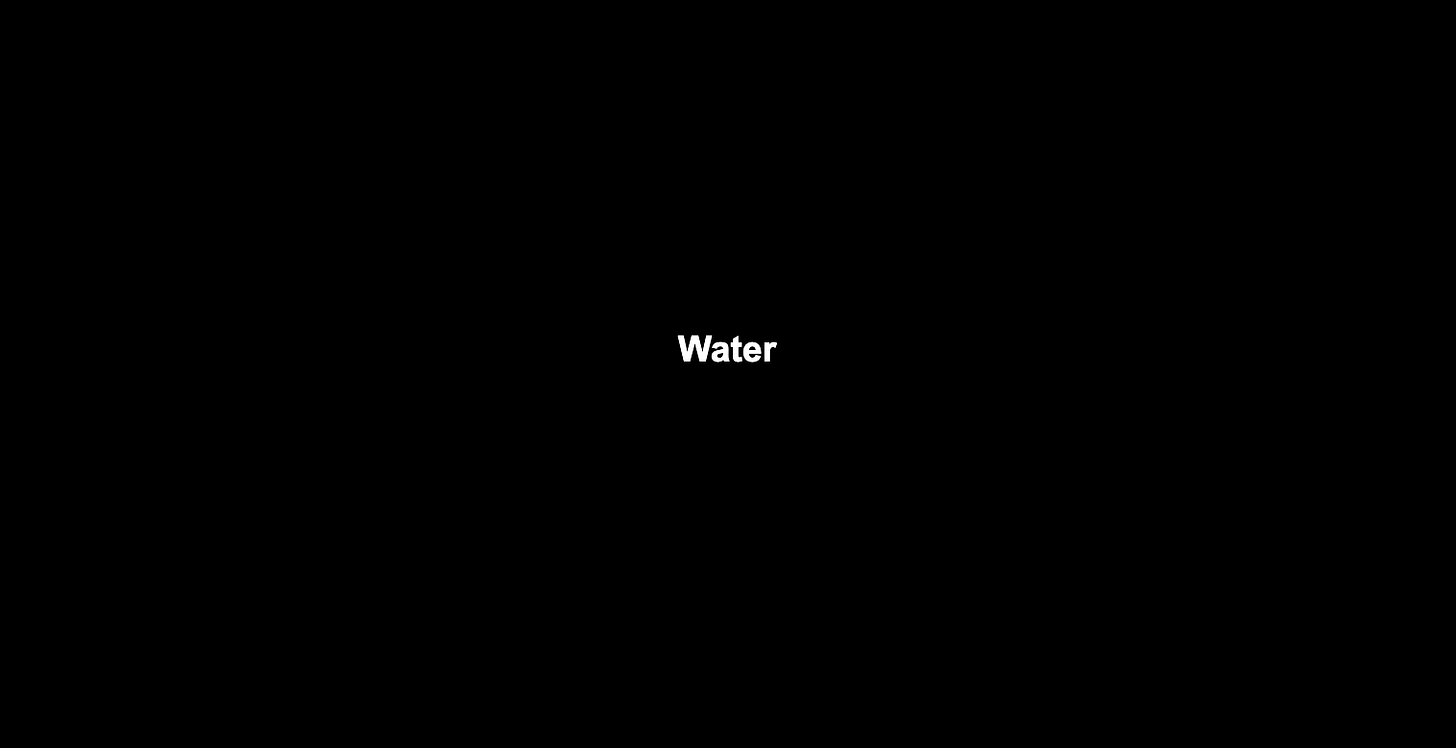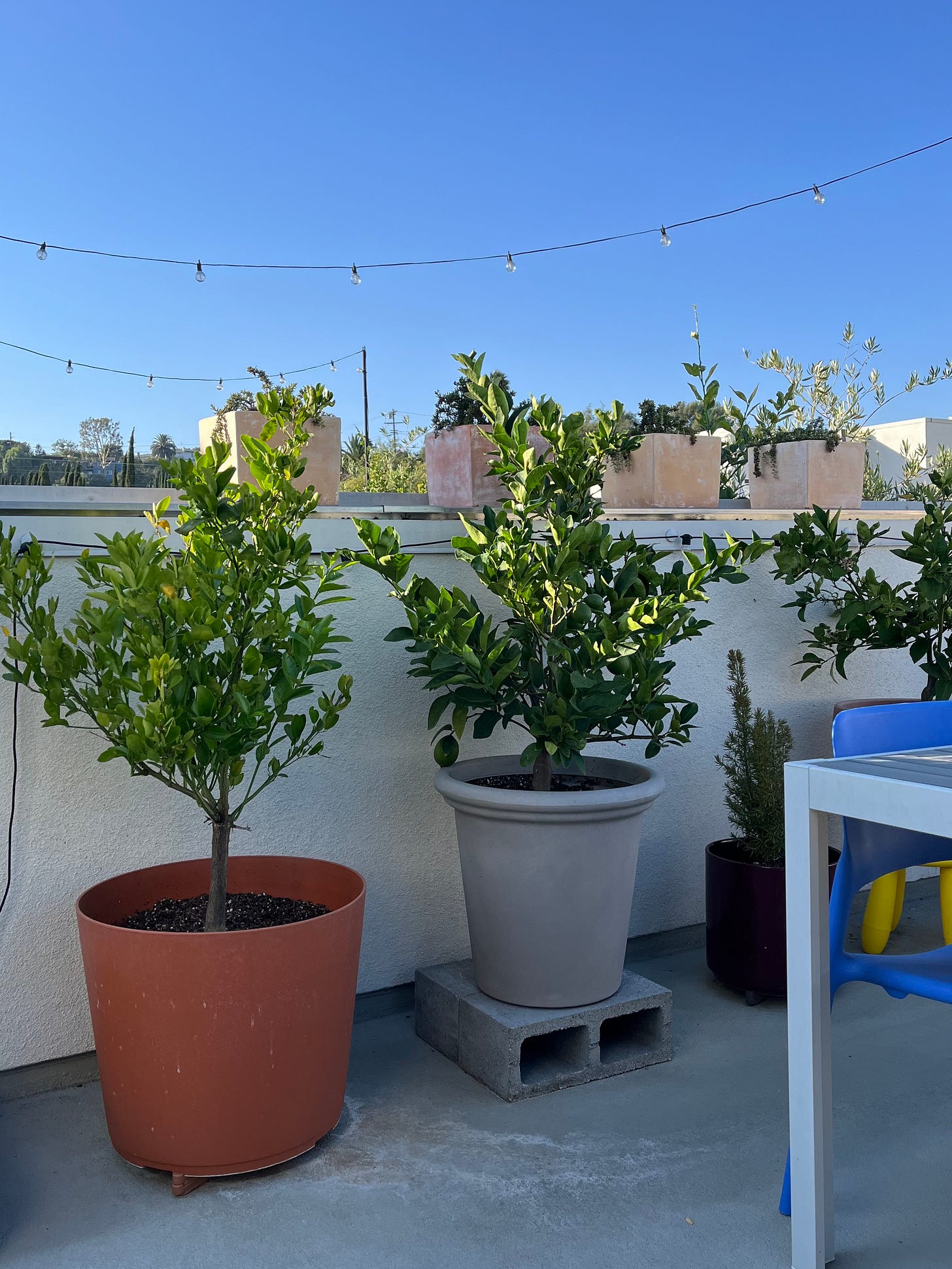Subtle Maneuvers x Oblique Strategies
“You’re most alive when you’re not quite sure what is going on.”
For today’s newsletter, an experiment: An issue written following the prompts of Brian Eno and Peter Schmidt’s celebrated Oblique Strategies deck, which they developed in the 1970s as a tool for suggesting “a course of action or thinking to assist in creative situations.” Basically, it’s a way of getting un-stuck, or shaking up your mindset around a project, through a mix of prescriptive commands (“Take a break”; “Cut a vital connection”; “Emphasize the mistakes”) and more mysterious clues (“Infinitesimal gradations”; “From nothing to more than nothing”).
In fact, the idea of using the Oblique Strategies to write today’s newsletter came from the deck itself—I’ll explain more shortly. First, a disclosure: I don’t actually own the physical deck. There’s a web version that I have bookmarked, which I sometimes use when stuck on writing projects—like on last Friday morning, when I couldn’t decide what to write about for today’s issue. So I dialed it up:
Ah, what a good suggestion! I already had a mental list going. I couldn’t decide if I should launch a new installment of my #Blocktober series on creative blocks, which I published in 2022 and 2023, or if I should write something about the new Brian Eno documentary that I was lucky to see the previous weekend—this is what had me thinking about the Oblique Strategies to begin with—or if I should write about the first installment of Bella Freud’s Fashion Neurosis podcast, featuring an interview with the designer Rick Owens, which I had listened to earlier that morning.
Bella Freud is the half-sister of Susie Boyt, whose novel Loved and Missed I wrote about last time (they are both great-granddaughters of Sigmund Freud), and I liked that synchronicity—but did I really have anything to say about her conversation with Owens, or indeed about any of these topics?
Following the Oblique Strategies prompt, I wrote down those ideas, plus a few more. And then as I was reviewing the list, I thought of a final idea, the one you’re reading: to write an entire issue using the Oblique Strategies. Aha! I refreshed the page:
Hmm. This prompt was trickier, obviously. Did it mean that I should make my mind still like water, and see what rose to the surface? Or that I should just start writing, pouring all my ideas out onto the page? Neither option really appealed.
Then I remembered: I needed to water the plants! LA was experiencing yet another heat wave—I had to tend to my outdoor container garden before it got too hot. So I headed out to give everybody a good soak.
As I was doing that, I started listening to a podcast interview between Eno and Rick Rubin, from 2021. The first few minutes were only mildly interesting—Eno was talking about a piece of software he co-developed, which allows him to manipulate recordings by applying various filters, introducing randomness into the music. Meanwhile, I started having second thoughts about this whole experiment. Maybe it’s too gimmicky? If I saw it in my inbox, wouldn’t my response be an enormous eye roll?
But then, on the podcast, Rubin asked Eno why exactly he’s interested in introducing randomness into his work. Eno replied that, for him, it’s a tool—a way of being taken to a musical space that he wouldn’t get to otherwise. He continued:
The reason I think this is interesting is because I think what makes any work of art interesting or gripping or effective is the feeling that somebody was living. Somebody was living it; somebody was alert and alive and passionate in some way. And the way you get into that state is by being in unfamiliar territory, I think. You’re most alive when you’re not quite sure what is going on, when you’re slightly flying by the seat of your pants and you have to negotiate it somehow. That’s why we love improvisation so much, because people are deliberately putting themselves at risk, in a way, soaring out into the unknown and somehow dealing with it. And that process of hearing someone dealing with it is the difference between life and death in a piece of work, I think.
That felt to me like permission to keep going. Anyway, three cards seems like the right number, doesn’t it? I headed back to my home office and refreshed the page:
I’ll be honest: I almost cheated here and refreshed the page again. This idea didn’t appeal to me at all. What is something “free of error,” anyway? My first thought was an electronic device like a calculator. But electronic devices are prone to error, too, aren’t they? Isn’t everything? For a few minutes, I was stumped.
Then I thought of a scene from the Eno documentary, when Eno talked about being in a terrible creative slump. He was in the studio recording his next album, and he felt like he had absolutely no idea what he was doing. He recalled playing the piano for one song with tears literally streaming down his face, he was so lost and frustrated. As he spoke, the song in question was playing on the soundtrack. And the song—it was “Spirits Drifting,” the last track of Eno’s 1975 album Another Green World.
This is the album where felt Eno so frustrated that he literally had tears running down his face in the studio? This is one of my favorite albums of all time, which has always seemed to me a work of amazing sophistication, confidence, and nerve—and also, come to think of it, something I would consider “free of error”; I wouldn’t have it be any other way than how it is. So the idea that Eno was in a terrible slump when he recorded it—well, for me, it’s just so cheering. It’s a reminder that how one feels when making something actually says very little about the quality of what one is making (a point Eno himself makes in the documentary). Feeling lost about what you’re making might even be an indication that you’re on the right track, because, as Eno says above, it’s when we’re lost that we’re most alive to the conditions of the moment, and that’s when interesting, gripping stuff happens.
In truth, I’m a little lost right now. How to end this issue? Maybe it ends with you, the reader. If you have a few minutes today, please pull your own virtual Oblique Strategies card and apply the suggestion to whatever creative project you’re working on. Let me know what happened in the comments below (or email me) and I’ll figure out a way to fold your experiences into the next issue in two weeks.
NOTES AND LINKS
Huge thanks to my friend
for getting me out to see the Eno documentary, which I can’t recommend highly enough. (Here’s a list of upcoming screenings.) Sabrina writes the Seven Senses newsletter, and over the summer she published a four-part series on friendship, with reflections from a bunch of her friends (including me). Check it out here.At the end of last year, I talked to the writer
for her Rest Easy podcast, and our conversation is just now available to stream. Rest is obviously a crucial part of the creative process, and of life in general—but that hasn’t stopped me from trying to get away without it! Listen to our conversation here.Quick reminder that I’m continuing to host my Zoom coworking session every weekday from 6–8am Pacific / 9–11am Eastern time. I find this daily dose of accountability and camaraderie so helpful; the sessions are open to all paid newsletter subscribers—join us anytime here.
Lastly, the Vancouver-based photographer
is currently holding a fundraiser for a really good cause: the Drug User Liberation Front (DULF), an initiative to combat escalating overdose death in Vancouver’s Downtown Eastside. Dives has organized a silent auction of a bunch of cool work by artists from Vancouver and beyond. I’m donating a signed copy of Daily Rituals, and I’ve also got my eye on this witchy stoneware mug by Amelia Butcher. Check out all the work and place your bids here.
Thanks for reading! This newsletter comes out every other Monday—and you can help keep it coming by upgrading to a paid subscription, buying one of my Daily Rituals books, forwarding this email to a friend, or even just clicking the “like” button below.












Joyful! What a marvelous post. I pull a tarot card every morning for just this reason-- to keep myself in dialogue with all the things I don't understand and can't control. Maybe because, as Eno says (thanks to you)-- that is when we feel most alive. When I clicked your last link, to pull my oblique strategy message, I felt like a little kid, standing in front of a perfectly closed door. 🙂
Mason, I can't tell you how great this post was for me this morning. I'm actually crying, haha, and in a minute I'll tell you why. Firstly - last night I visited with a friend who'd recently been to California, and she'd brought me a gift. It was from her visit to SF MoMA, and it was a box of cards called "The Marina Abramović Method - Instruction Cards to Reboot Your Life". As far as I can tell, it's kind of the same idea as the Oblique Strategies deck. My friend got them for me because back in 2015 I did a 100 Day Project where I painted 100 faces from Abramović's 2010 performance piece, The Artist is Present. Anyway, I thanked her for the gift and remarked on how beautiful the box was, but in my mind I was thinking "I'm never going to use this" because it seemed like a beautiful but gimmicky thing that you get from a gallery gift shop. THEN. Your post! As I was reading, I felt more and more excited and intrigued by how you allowed the deck to steer you through what you were writing. Then the quote from Eno about aliveness in art when you allow risk... ideas so close to my heart, though I still often fear the risk! Then on to what you wrote about Another Green World - "free from error". I *thought* I was at the peak of tripping on your post right there. But THEN. I went to the Oblique Strategies website and I got "Disciplined self-indulgence" and I started to cry. I don't have room here to describe what this means to me, but basically it speaks to what I wrestle with most when it comes to allowing myself to "indulge" in creating art. Thank you Mason. I have a feeling that this is a post I'm going to read through a few times ❤️🔥